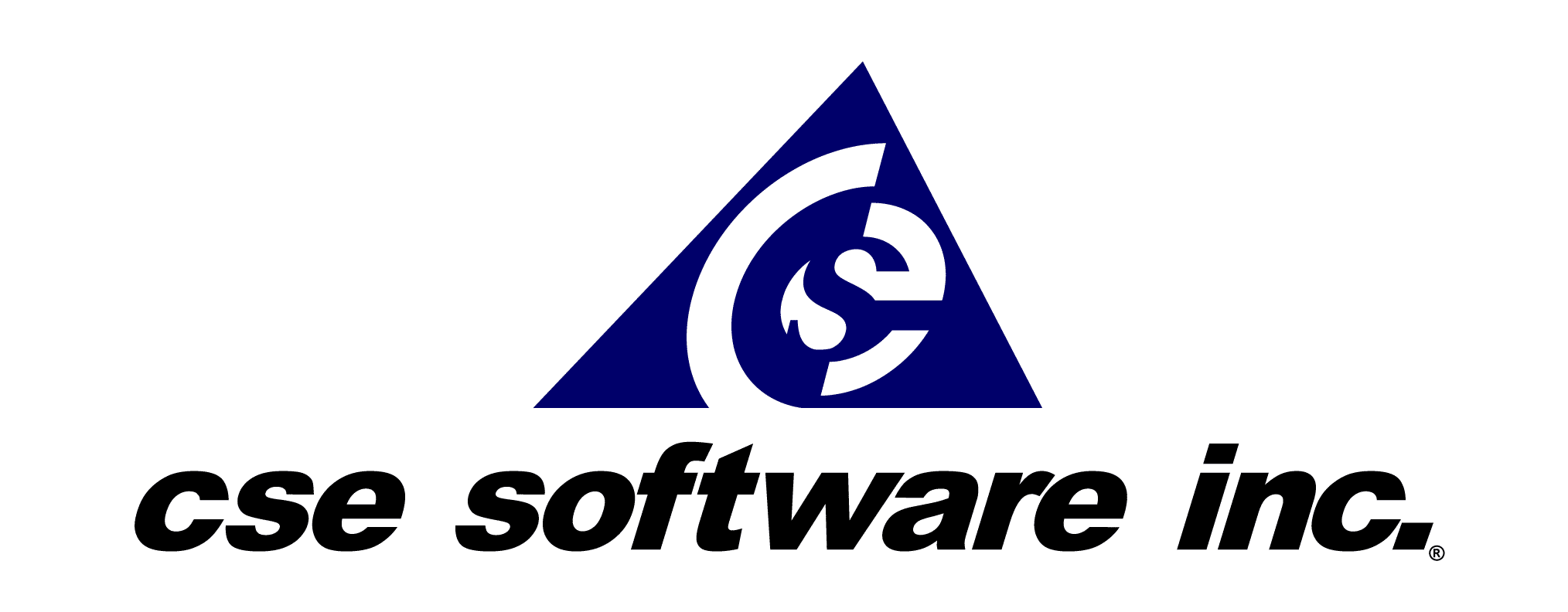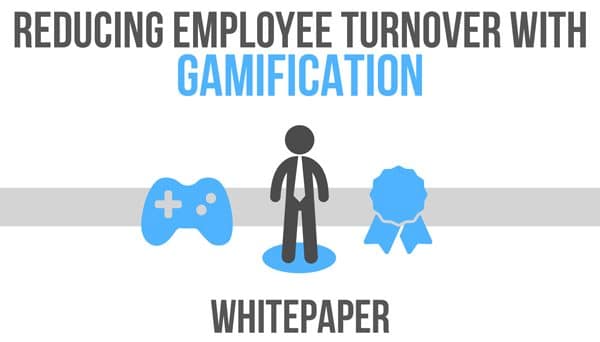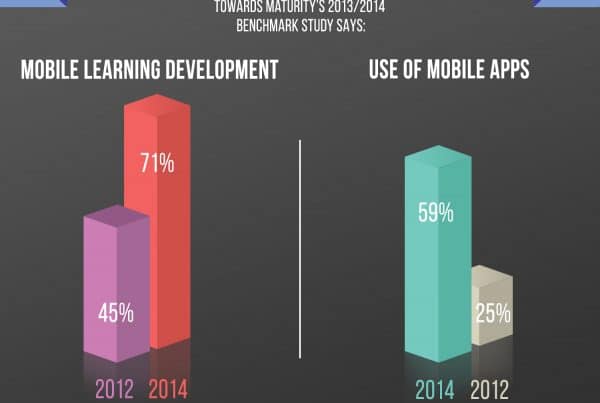The National Center for Learning Disabilities (NCLD) released findings in 2011 showing that 4.67 million Americans over age six have a diagnosed learning disability (LD). Educators, researchers and medical professionals have struggled to determine the best practices for these populations as LD is not a singular disorder, but instead a combination. Therefore, education methodologies must be individualized and should be supplemented with custom software development.
Educational Technology and Society reports eLearning solutions can promote inclusions for students, particularly when it comes to the accessibility of course materials. For instance, if a student needs text-to-speech technology, documents found online simplify the transfer process. Further, these technologies, when carefully designed to meet the needs of an individual, can support a student to reach and exceed goals.
Often, a student will need more than one kind of technology-based support. Custom eLearning development software can be tailored for one single student, or for entire student populations.
The fastest growing populations needing LD support are enrolled in K-12 schools, but many students will continue to need support throughout college. Betty Ann Bowser of the Harvard Graduate School of Education emphatically states, “Under federal law, a child identified with learning disabilities must receive a free and appropriate public education up to the age of 18.”
Supporting students with disabilities shouldn’t be a financial issue, but one about pedagogy. Educators should be aware of individual student’s learning styles, but they can also benefit from custom training software to master the various technologies LD students might need to use. Educators, researchers and software companies should form strong partnerships to support these students.
The latest numbers from NCLD show that 20 percent of students with LD drop out of high school. Building on individualized successes motivates students to do well rather than feel the anxiety of failure. Discussing Henderson Elementary School in Boston, a leader in inclusion-based learning, professor Bowser tells PBS, “Every classroom is abuzz with these kinds of teaching devices, computers, iPads, digital audio programs. They allow students to learn a variety of different ways and at their own pace.”
This is significant, as rising demands for technology-based proficiency in the workplace suggests that further eLearning development is needed, likely in more individualized iterations.
Contact Stacey Burris at sburris@csesoftware.com or 1.309.670.7595 and ask for an eLearning development demo today!



